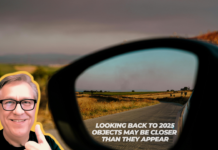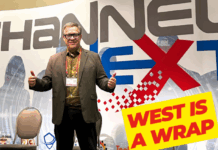Beacon was developed by Apple, which presented it for the first time at the Worldwide Developer Conference in June 2013. The new technology uses Bluetooth Low Energy (BLE), which is in nearly every smartphone which has hit the market since 2012. "We see great potential in the use of this technology, particularly in an exhibition environment," commented Marius Felzmann, Senior Vice President for CeBIT at Deutsche Messe.
Deutsche Messe is working together with Berlin-based startup Sensorberg to implement the project – one of nine teams making up the "Microsoft Ventures Accelerator" program. In combination with a Cloud-based campaign management system, which Sensorberg operates in the Microsoft Azure Cloud, the coin-sized beacons provide visitors with targeted information at exhibition hall entrances and at various points inside the halls.
At CeBIT 2014 Beacon technology will be tested in Pavilion 11 as part of the Tec2You special display and the " job and career " offerings in Hall 9. Any visitor who has installed the latest CeBIT app on their smartphone and activated their Bluetooth connection will receive targeted job offerings on their phone. The technology used in this field test by Deutsche Messe and Sensorberg runs on both iOS and Android devices.
To facilitate the project, Sensorberg developed an Beacon Management Platform which allows the user to configure beacons and produce, manage and transmit content to targeted recipients. As a full-service enterprise, Sensorberg supplies not only the hardware (in the form of beacons), but also a software kit, which can be integrated into existing iOS and Android apps. Retailers, brand manufacturers, agencies or other users can employ Beacon technology to send any kind of information – for example, news, special offers, product descriptions and recommendations – to any smartphone in the vicinity of a beacon.













